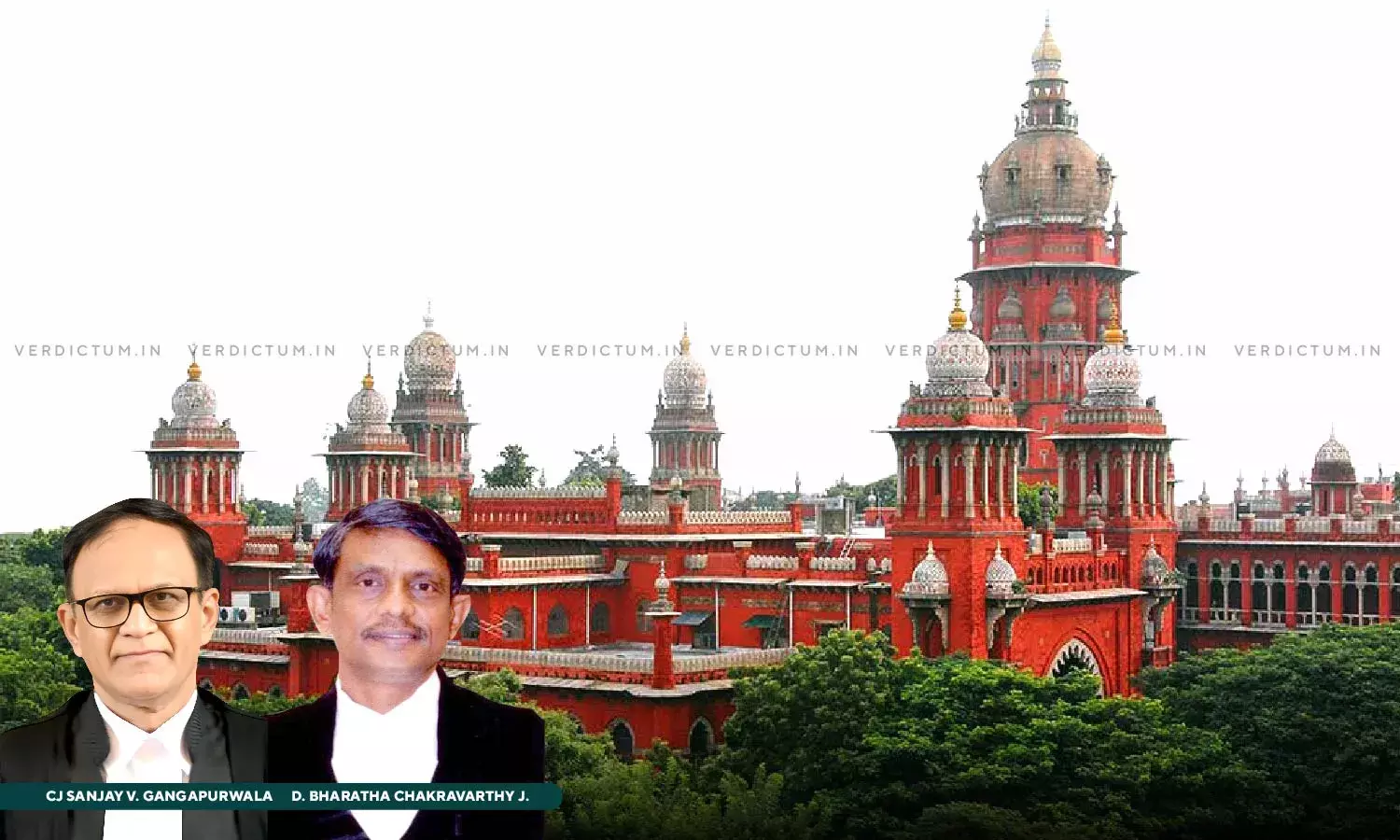Madras HC Directs Centre To Grant Pension Under Swatantrata Sainik Samman Yojana To 94 Yr Old Freedom Fighter
The Madras High Court directed Centre to grant pension under Swatantrata Sainik Samman Yojana to a 94-year-old Indian National Army (INA) member.
The Indian National Army (INA) personnel had joined the Indian Independence League in the year 1943 and undertook a campaign for the freedom struggle. He was incarcerated for a period of six months by the British Army in Rangoon Jail. He had applied for a pension under the Freedom Fighters Pension scheme under the name Swatantrata Sainik Samman Yojana (SSSY).
However, the Central Government rejected the application on the ground that the co-prisoners’ certificates furnished by INA personnel were not given by the persons who had suffered the requirement of one-year imprisonment.
A Division Bench of Chief Justice Sanjay V. Gangapurwala and Justice D. Bharatha Chakravarthy observed, “If the persons who are involved in the struggle, viz., the coprisoners, were all taken into custody during May 1995 and released in December 1945, strict insistance upon the criteria that co-prisoners should have a proven jail suffering of one year, would become a condition of eligibility rather than a method of proof.”
Dy. Solicitor General R. Rajesh Vivekananthan represented the appellant, while GP A. Edwin Prabhakar appeared for the respondents.
The Court noted that the “Freedom Fighters who suffered minimum imprisonment of six months are eligible” under the scheme.
The Court pointed out that one of the primary mode of proving service was to obtain a Non-Availability Certificate from the concerned authorities along with the co-prisoners certificate. But the Scheme primarily covers Freedom Fighters who had suffered imprisonment in the mainland jails, but does not specifically consider INA personnel who suffered imprisonment outside India.
The Court remarked that the Central Government has the “wherewithal to verify the facts from other countries such as Myanmar and obviously the Freedom Fighters’ cannot produce any certificate from Jail Authority or District Judge or the State Government. Nor those authorities can issue any Certificate.”
The Court held that the pension scheme must be “read harmoniously and in the facts of the present case, where the co-prisoners have suffered a term slightly lesser than one year, the same cannot be put against the first respondent, who is otherwise eligible for pension.”
Accordingly, the High Court disposed of the petition.
Cause Title: The Under Secretary to Govt. of India v. R.K. Venkatachalam & Ors.
Appearance:
Appellant: Dy.Solicitor General R.Rajesh Vivekananthan
Respondents: GP A.Edwin Prabhakar and Advocate P.Satheesh Kumar




